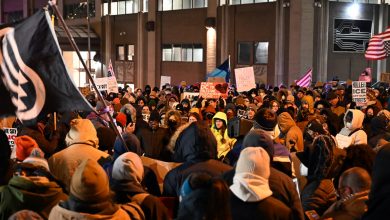Iraq’s Independent High Electoral Commission (IHEC) has confirmed the completion of electronic and manual vote counting across all polling stations nationwide. The Commission reiterated its commitment to announcing the preliminary results within the designated timeframe.
IHEC spokesperson, Jumana al-Ghalay, stated that the ballot data from all polling centers are being electronically transmitted to the data entry center in Baghdad. The national center will then compile and process the data before the final results are released.
The Commission reported receiving 48 complaints related to the special and general voting days, with 39 originating from special voting and 9 from general voting. The period for lodging complaints remains open. The IHEC also clarified that if any candidate is disqualified, their votes will be deducted from both the candidate’s tally and their party’s overall count.
According to the IHEC, preliminary results will be announced within 24 hours of the closing of the polls. Final results will be released after the review of appeals in the coming days. The parliamentary elections witnessed a voter turnout exceeding 55%.
Meanwhile, the Higher Security Committee for Elections declared the successful implementation of the security plan for the electoral process, noting the handling of minor violations that occurred during voting in some areas.
The head of the Committee, General Qais al-Muhammadawi, stated during a press conference that security forces did not interfere in the voting process. He emphasized that intelligence efforts significantly contributed to the success of the election.
Al-Muhammadawi highlighted the swift delivery of memory sticks containing election results shortly after the polls closed. He also reported that security forces apprehended individuals responsible for a shooting in Kirkuk province, following a dispute that escalated and resulted in the deaths of two soldiers and injuries to civilians.
A total of 7,743 candidates, including 5,496 men and 2,247 women, competed for 329 seats in the Council of Representatives. The Sadrist movement, led by Muqtada al-Sadr, boycotted these elections.




